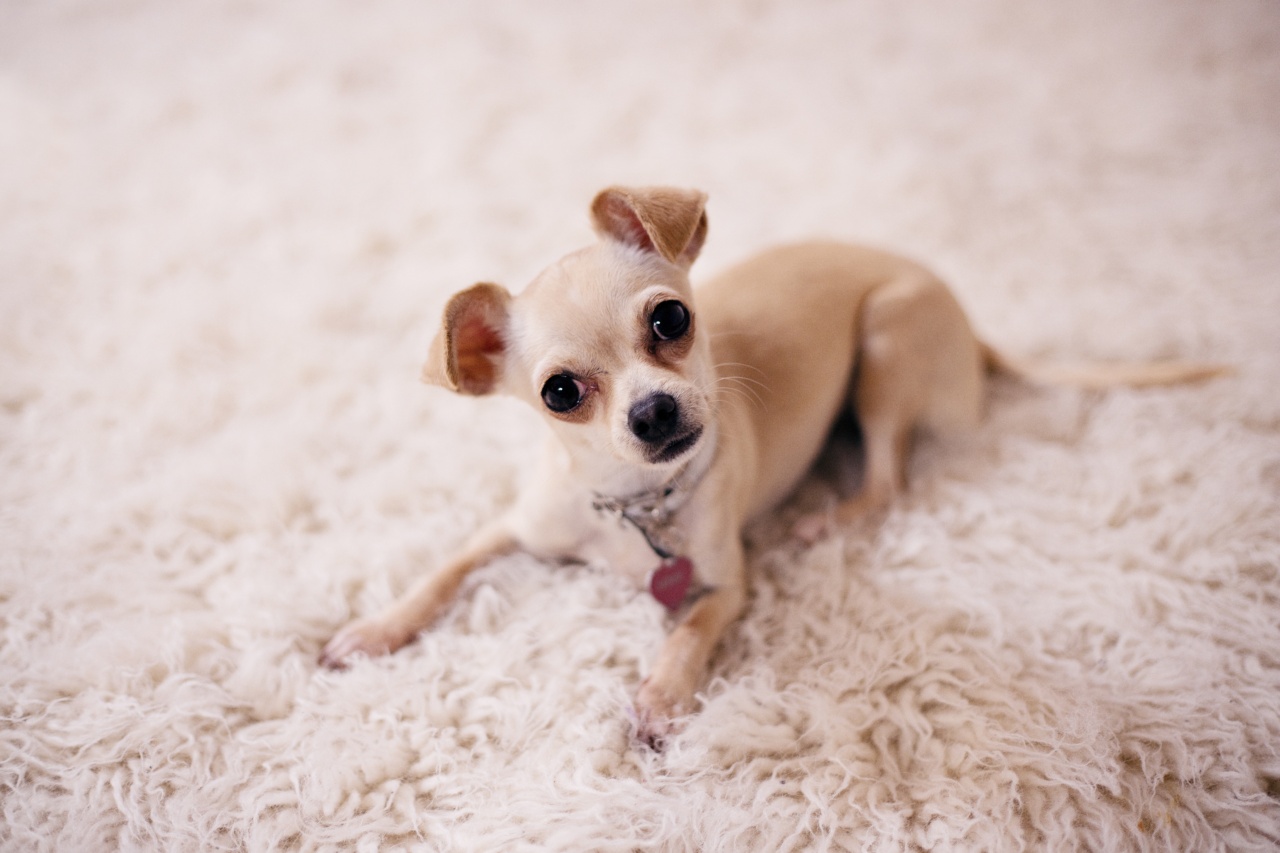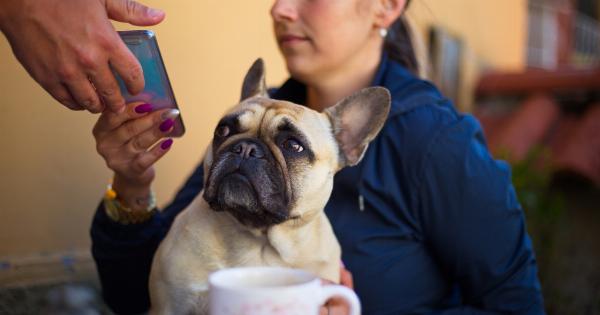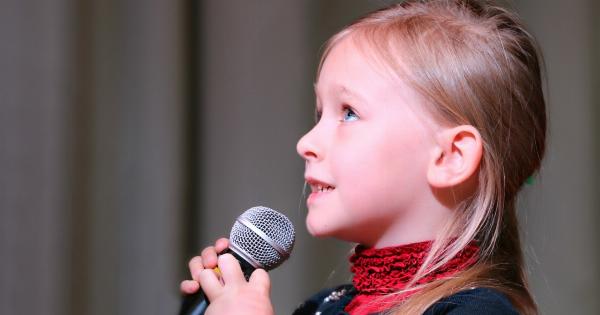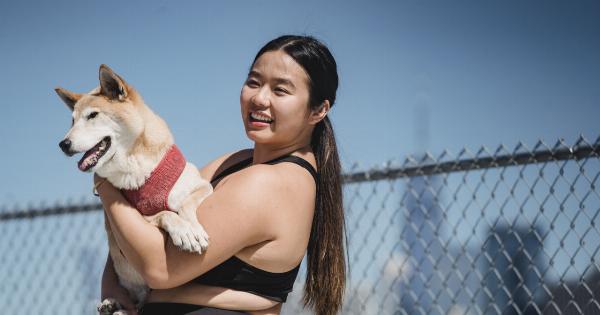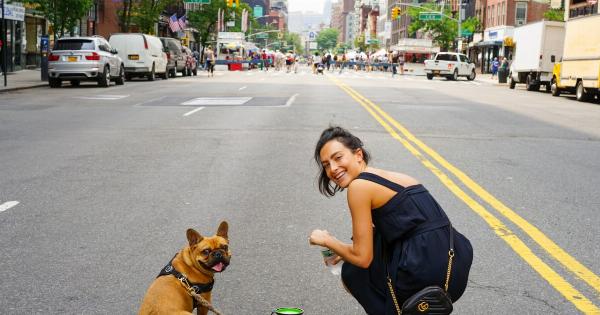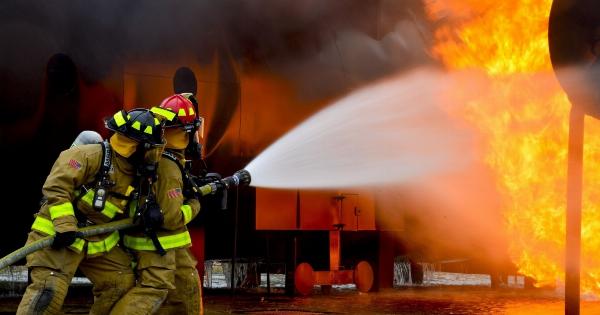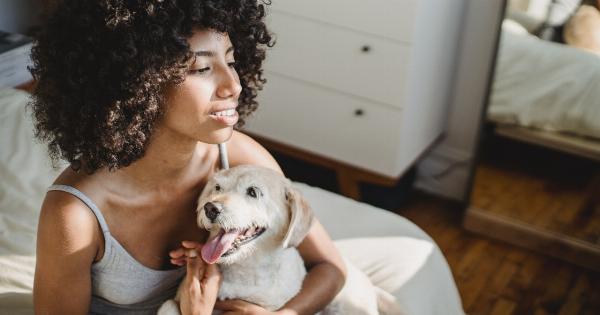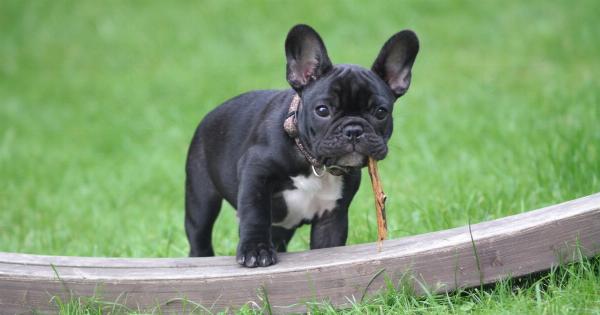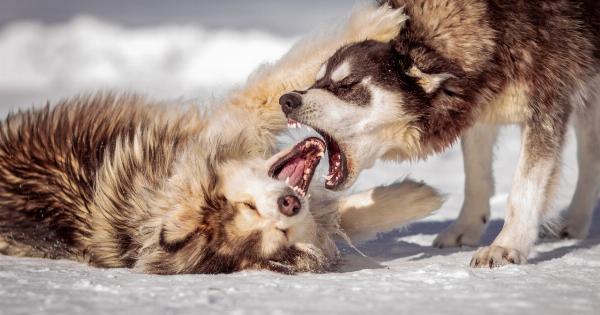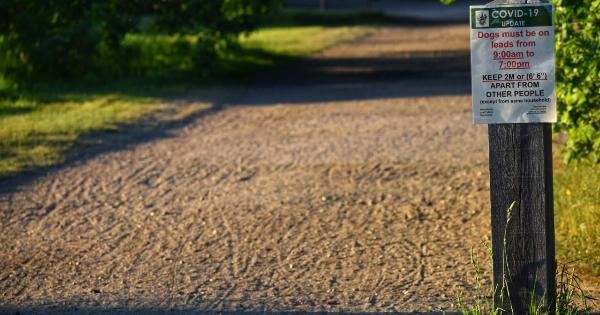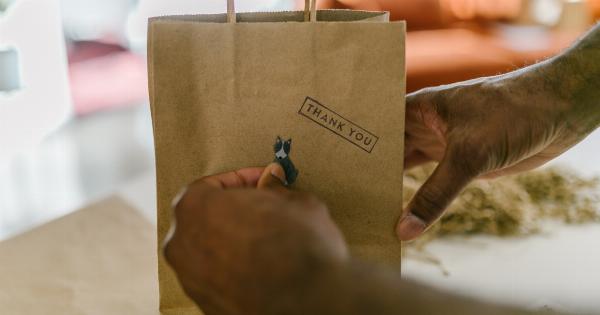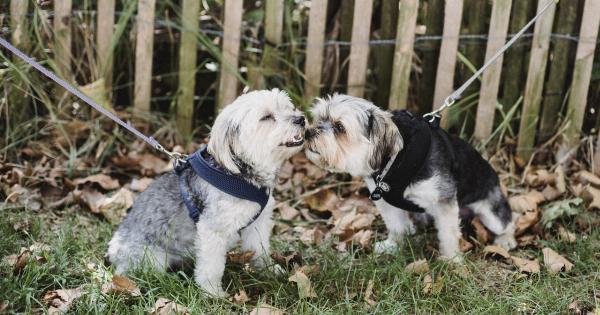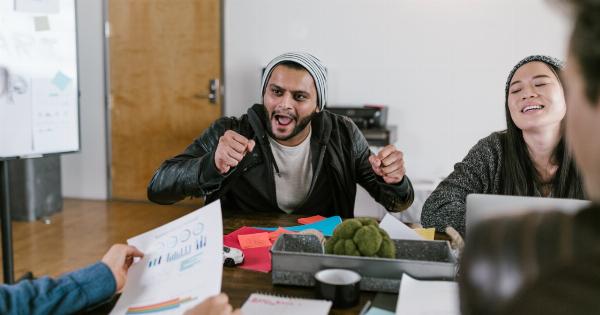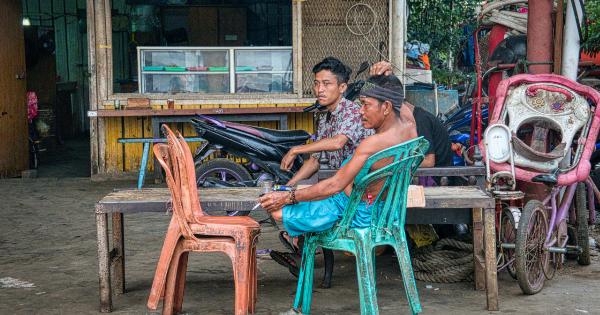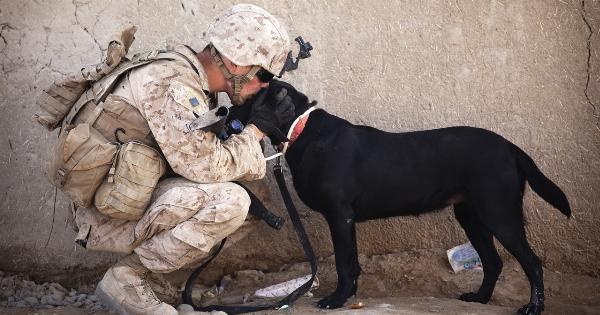Getting a new puppy can be an exciting experience, but it’s important to remember that puppies need to be properly socialized in order to become well-adjusted and friendly adult dogs.
One crucial aspect of socialization is introducing your puppy to other dogs. This process should be done carefully and gradually to ensure that your puppy has positive experiences and learns proper social skills. In this article, we will explore some essential tips on how to socialize your puppy with other dogs.
1. Start Early
The earlier you start socializing your puppy with other dogs, the better. Puppies have a critical socialization period which typically occurs between 3 to 14 weeks of age.
During this time, they are more receptive to new experiences and less likely to develop fear or anxiety towards other dogs.
2. Choose Safe Environments
When socializing your puppy, it’s important to choose safe and controlled environments. Start with familiar dogs who are known to be friendly and well-behaved.
Avoid dog parks or areas with a high concentration of dogs until your puppy is more comfortable and has a better understanding of social cues.
3. Controlled Introductions
When introducing your puppy to another dog, it’s crucial to do it in a controlled and supervised manner. Start by allowing the dogs to sniff each other from a distance while on a leash.
Gradually decrease the distance between them, always observing their body language for signs of fear or aggression.
4. Positive Reinforcement
Provide plenty of positive reinforcement during the interactions between your puppy and other dogs. Reward good behavior, such as calm and appropriate play, with treats and praise. This will help your puppy associate positive experiences with other dogs.
5. Gradual Exposure
Gradually expose your puppy to a variety of different dogs of different sizes, breeds, and ages. This will help them develop a well-rounded understanding of dog behavior and become comfortable when encountering different types of dogs in the future.
6. Puppy Classes
Enrolling your puppy in a puppy socialization or training class can be an excellent way to socialize them with other dogs.
These classes typically provide controlled environments and guided interactions, allowing your puppy to learn appropriate social skills while under the supervision of a professional trainer.
7. Supervised Playdates
Arrange playdates with other dog owners who have friendly and well-socialized dogs. Make sure the playdates are supervised to ensure that interactions remain positive and safe for both dogs.
If any signs of aggression or fear arise, intervene immediately and separate the dogs.
8. Watch for Body Language
When socializing your puppy with other dogs, it’s essential to pay close attention to their body language. Watch for signs of discomfort, fear, or aggression, such as raised hackles, growling, or avoiding eye contact.
If any negative signs are observed, remove your puppy from the situation and try again at a later time.
9. Teach Proper Play Etiquette
During socialization, it’s crucial to teach your puppy proper play etiquette. This includes understanding when play becomes too rough and how to appropriately interact with other dogs.
Reinforce positive play behaviors and discourage any rough or inappropriate behaviors through redirection and positive reinforcement.
10. Be Patient and Consistent
Socializing a puppy with other dogs takes time, patience, and consistency. Every dog progresses at their own pace, so don’t rush the process.
Celebrate small victories and continue to expose your puppy to positive experiences with other dogs throughout their formative months.
